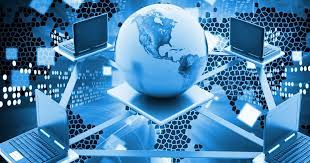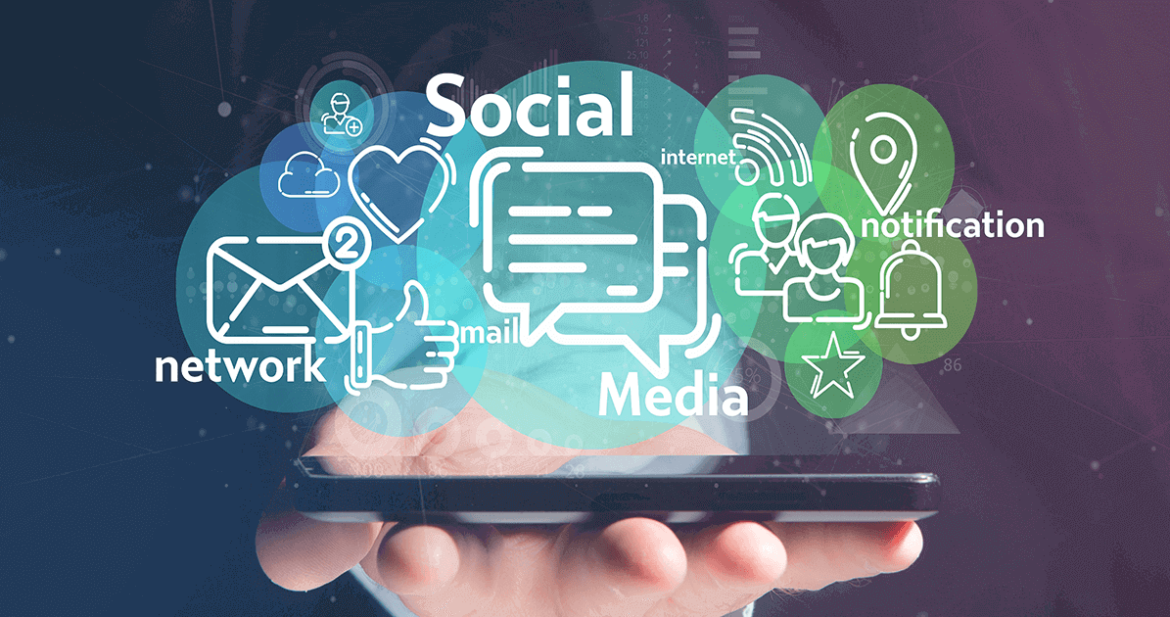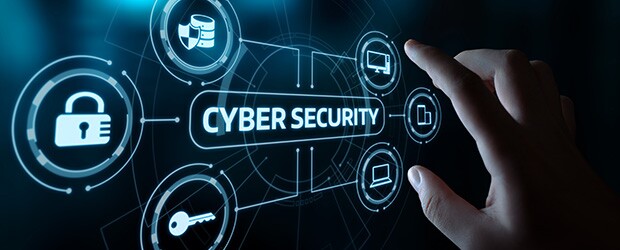Discussing the Internet of Things (IoT) in Modern life
The Internet of Things (IoT) has emerged as a transformative force, shaping the way we live, work, and interact with our surroundings.

In today's hyper-connected world, the Internet of Things (IoT) has emerged as a transformative force, shaping the way we live, work, and interact with our surroundings.
IoT refers to the network of physical objects embedded with sensors, software, and connectivity capabilities, enabling them to collect and exchange data over the internet.
From smart homes and wearable devices to industrial automation and healthcare systems, IoT is revolutionizing every aspect of modern life. In this blog post, we will explore the multifaceted role of IoT in our daily lives, delving into its impact on various sectors and its potential for the future.
Smart Homes: The Internet of things Hub
One of the most visible and tangible applications of IoT is the concept of the smart home. IoT devices have turned our homes into interconnected ecosystems, enhancing convenience, security, and energy efficiency. Here's how IoT is transforming our domestic lives:
a. Smart Thermostats: Devices like the Nest Thermostat learn your temperature preferences and adjust settings accordingly, optimizing energy consumption.
b. Smart Lighting: With smart bulbs and lighting systems, you can control the ambiance and energy usage through your smartphone or voice commands.
c. Home Security: IoT-powered cameras, doorbell cameras, and sensors offer real-time monitoring and alerts, making homes safer.
d. Voice Assistants: Virtual assistants like Amazon's Alexa and Google Assistant connect and control various IoT devices, making it easy to manage your smart home.
e. Appliances: Smart refrigerators, washing machines, and ovens can be remotely controlled and even send notifications when maintenance is required.
Healthcare and Wellness
IoT is making significant inroads in the healthcare industry, improving patient care, monitoring, and overall well-being:
a. Wearable Devices: Fitness trackers and smartwatches collect and transmit data on heart rate, sleep patterns, and physical activity, empowering individuals to take control of their health.
b. Remote Patient Monitoring: IoT-enabled medical devices allow healthcare providers to remotely monitor patients, especially those with chronic conditions, reducing hospitalizations and improving care outcomes.
c. Drug Management: Smart pill dispensers send reminders to patients and caregivers, ensuring medication adherence.
d. IoT in Hospitals: Healthcare facilities use IoT for asset tracking, temperature monitoring, and optimizing resource allocation, enhancing patient care and operational efficiency.
Transportation and Smart Cities
In urban environments, IoT plays a pivotal role in creating smart cities and revolutionizing transportation:
a. Traffic Management: IoT sensors and cameras provide real-time traffic data, enabling dynamic traffic management and reducing congestion.
b. Public Transportation: Smart transportation systems use IoT for route optimization, real-time updates, and contactless payments, making public transit more efficient and accessible.
c. Parking: IoT-driven smart parking solutions help drivers find available parking spots, reducing the time spent searching for a space and lowering emissions.
d. Environmental Monitoring: IoT sensors track air quality, noise levels, and pollution, helping cities make data-driven decisions to improve environmental conditions.
Industrial Internet of things (IIoT)
IoT has transformed industries through the Industrial Internet of Things (IIoT), optimizing processes, increasing productivity, and minimizing downtime:
a. Manufacturing: IoT sensors on machinery collect data on performance, enabling predictive maintenance to prevent breakdowns and reduce production interruptions.
b. Supply Chain Management: IoT improves supply chain visibility, tracking goods in real time, enhancing inventory management, and reducing losses.
c. Energy Management: Industries use IoT to monitor and manage energy consumption, optimizing usage and reducing costs.
d. Agriculture: IoT sensors in agriculture offer real-time data on soil conditions, weather, and crop health, improving crop yields and sustainability.
Retail and Customer Experience
IoT is reshaping the retail landscape, creating personalized and immersive shopping experiences:
a. Inventory Management: Retailers use IoT to track inventory levels in real time, reducing stockouts and overstock situations.
b. Smart Shelves: IoT-equipped shelves automatically update prices and provide data on product popularity and customer interaction.
c. Customer Engagement: IoT-powered beacons and sensors offer personalized recommendations and promotions to shoppers based on their location and preferences.
d. Checkout Convenience: Self-checkout kiosks and mobile payment options enhance the shopping experience.
Environmental Conservation
IoT has a vital role in environmental conservation and sustainability:
a. Smart Grids: IoT helps in the efficient distribution of electricity, reducing energy waste and carbon emissions.
b. Water Management: IoT sensors monitor water quality and usage, aiding in the conservation of this precious resource.
c. Wildlife Conservation: Tracking devices on animals enable researchers to gather data on migration patterns and behaviors, aiding in conservation efforts.
d. Waste Management: Smart bins and trash compactors optimize waste collection routes, reducing fuel consumption and emissions.
Security and Privacy Considerations
As IoT becomes increasingly ingrained in our lives, security and privacy concerns are paramount. The vast amount of data generated by IoT devices poses challenges related to data breaches and unauthorized access. Robust security measures, such as encryption, regular software updates, and user education, are essential to protect IoT ecosystems.
Moreover, addressing privacy concerns and giving users control over their data are critical aspects of IoT deployment. Clear consent mechanisms and transparent data practices are essential to building trust among consumers.
The Future of Internet of things
The Internet of Things is continually evolving, and its impact on modern life will only become more profound in the coming years. Here are some exciting possibilities for the future of IoT:
- 5G Integration: The rollout of 5G networks will enable faster and more reliable IoT connections, opening the door to new applications and innovations.
- Edge Computing: Processing data closer to the source (edge computing) will reduce latency and enable real-time decision-making for IoT devices.
- AI and Machine Learning: IoT will increasingly leverage artificial intelligence and machine learning for predictive analytics, anomaly detection, and automation.
- Blockchain for Security: Blockchain technology may enhance the security and integrity of IoT data, providing a tamper-proof ledger for transactions.
- Healthcare Innovations: IoT will continue to transform healthcare with more advanced wearables, remote surgical procedures, and AI-powered diagnostics.
- Smart Agriculture: IoT will play a vital role in sustainable agriculture, optimizing resource usage and improving crop yields.
- Autonomous Vehicles: IoT sensors and connectivity will be integral to the development of self-driving cars, revolutionizing transportation.
The Internet of Things has become an integral part of modern life, reshaping the way we live, work, and interact with our surroundings. From smart homes and healthcare to transportation, industry, and beyond, IoT is driving innovation and efficiency across various sectors.
While its benefits are undeniable, it also raises important questions about security, privacy, and data management. As we move forward into the future, it is crucial to strike a balance between harnessing the potential of IoT and addressing the associated challenges.
With continued advancements in technology and a commitment to responsible deployment, the Internet of Things will undoubtedly play an even more significant role in shaping our lives for the better. Embracing this transformative force with a clear focus on security and privacy will be key to unlocking its full potential in the years to come.
What's Your Reaction?
















